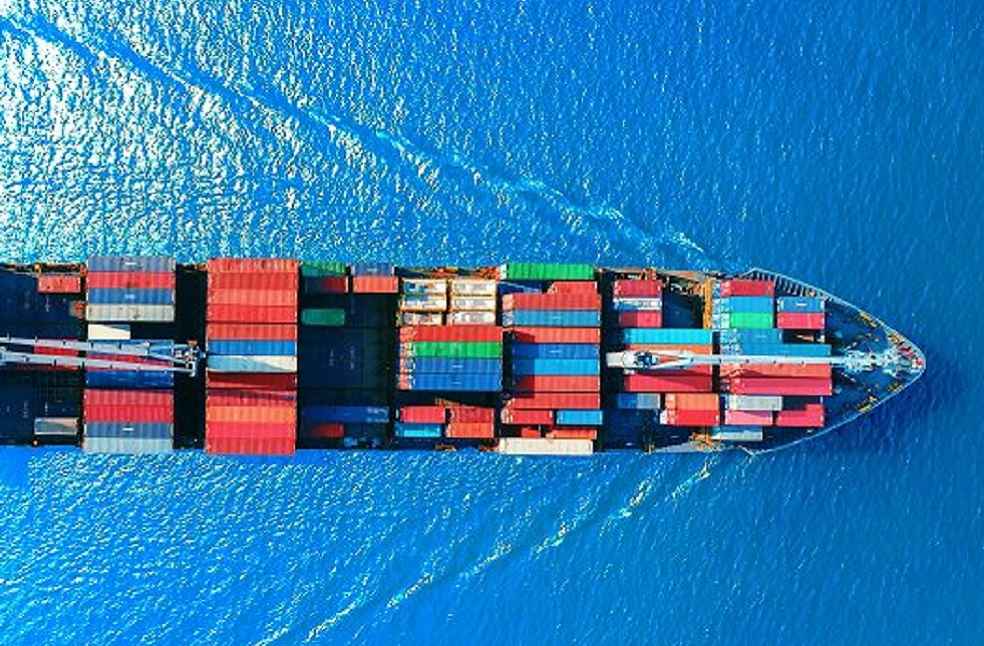Celebrating four decades of intertwined economic history, Australia and New Zealand have signed the Inclusive and Sustainable Trade Declaration. This agreement magnifies their collective aim to cultivate sustainable trade practices while confronting global urgencies like climate change, plastics pollution, and modern slavery.
The annual Closer Economic Relations (CER) Ministerial Meeting in Adelaide provided the backdrop for this landmark agreement. This Declaration arrives 40 years post the inception of CER, an accord that gained renown for its forward-looking approach back in 1983.
Speaking at the event, Damien O’Connor, New Zealand’s trade and export growth minister, emphasized the CER’s capacity to evolve with dynamic global trade scenarios. “The enduring nature of CER’s success lies in its ability to move with the times and respond to a changing trade environment,” he observed.

Elucidating the Declaration’s foundational spirit, he remarked, “Today, alongside my counterpart Senator Hon Don Farrell, I have concluded and signed a Declaration that builds on the success of CER and amplifies our commitment to a rules-based international trading system, the advancement of a net-zero transition, and the delivery of sustainable development for our communities.”
Economic statistics underline the deep symbiosis between the nations. Australia remains a pivotal trading pillar for New Zealand, accounting for 15 percent of its exports and a bilateral trade volume approaching $29 billion last year.
Beyond transactional metrics, the Declaration resonates with a deeper purpose, underscoring both nations’ duty to protect and promote the economic rights and interests of Indigenous Peoples. This sentiment reinforces their unified mission of sculpting resilient, contemporary, and inclusive economic infrastructures.

Recognizing the spectrum of global imperatives from environmental challenges to human rights, the Declaration amplifies their shared commitment to confront and mitigate these issues, positioning trade as an instrument of positive transformation. Echoing this sentiment, O’Connor asserted that bound by shared values, Australia and New Zealand view trade as an impetus for benevolent change, fostering equity within global trade dynamics.
Aligning with this vision, New Zealand has rejuvenated its Trade, Environment, and Climate Change Framework alongside the Trade and Labour Framework. These renewed directives, attentive to today’s pressing global challenges, aim for enhanced living standards, fortified human rights, and pronounced sustainability. Rooted in public dialogue, these guiding principles are poised to shape ensuing trade deliberations.

Through this Declaration, the nations not only commemorate their rich economic tapestry but also charter a course toward a progressive trade future, resonating with their mutual values and global commitment.
DON’T MISS IT | China Rebukes US Tech Curbs: Global Supply Chains at Risk



